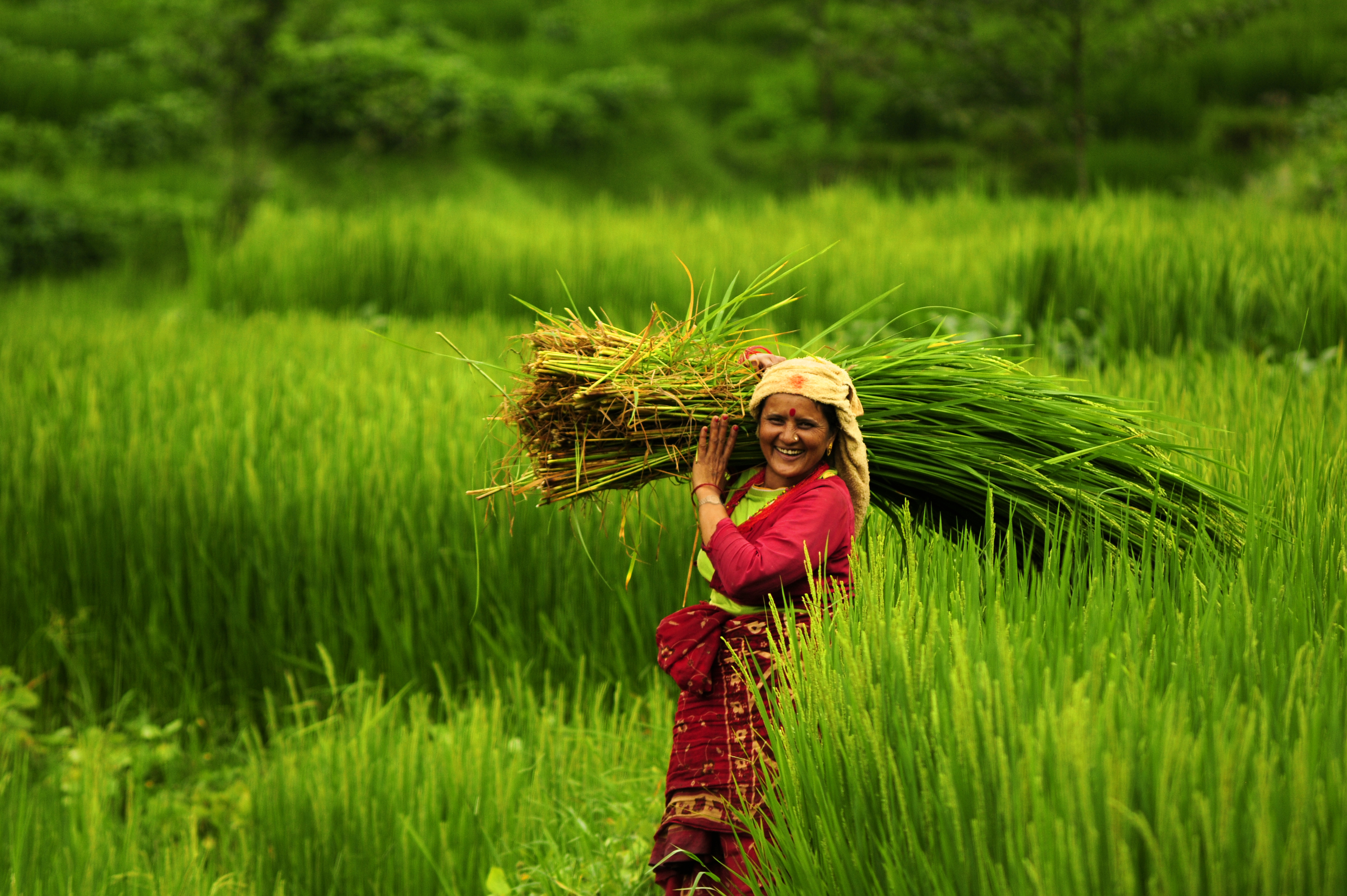The project aims to contribute in translating this policy into actions through enhanced regional cooperation and knowledge on climate resilience and adaptation, and development of standards and guidelines to facilitate climate-resilient planning and investments.
By creating an enabling environment for climate-resilient policies and investments across South Asia, CARE for South Asia to achieve its development goal with the following indicators:
- Increased access to regional climate data and analytics for climate-informed decision-making
- National-level decision-making and planning that are better climate risk-informed
- Regional climate resilience guidelines incorporated into national standards
- Sectoral investments supported to include climate risks and resilient design
- Institutional capacities strengthened to undertake climate-informed policies and planning.
The project has three components, for implementation over 5 years:
- Promoting evidence-based climate-smart decision-making, to enhance access to data required for risk-informed planning and investments
- Enabling climate-resilient policies and standards for development, to enhance transformation of policies and capacities for climate resilience and adaptation across South Asia
- Project management and implementation support.
Component 1 shall be implemented by RIMES. RIMES key role is the development of a Regional Resilience Data and Analytics Service (RDAS) platform and decision-support systems (DSSs) for selected sectors of agriculture, water, road transport, planning and finance in Bangladesh, Nepal, and Pakistan. RDAS is a cloud-based open-access platform for acquiring, storing, managing, processing, analyzing, visualizing, and reporting data, for use in screening climate risks to inform investments. The DSSs and sector-specific systems, linked to the RDAS, and used to assist users in sectoral planning and decision-making. The first component also includes capacity development of users of these systems and their products.
Overall, the project aims to contribute in translating Resilience of SAARC policy on Resilience of 2010 into actions through enhanced regional cooperation and knowledge on climate resilience and adaptation, and development of standards and guidelines to facilitate climate-resilient planning and investments.
